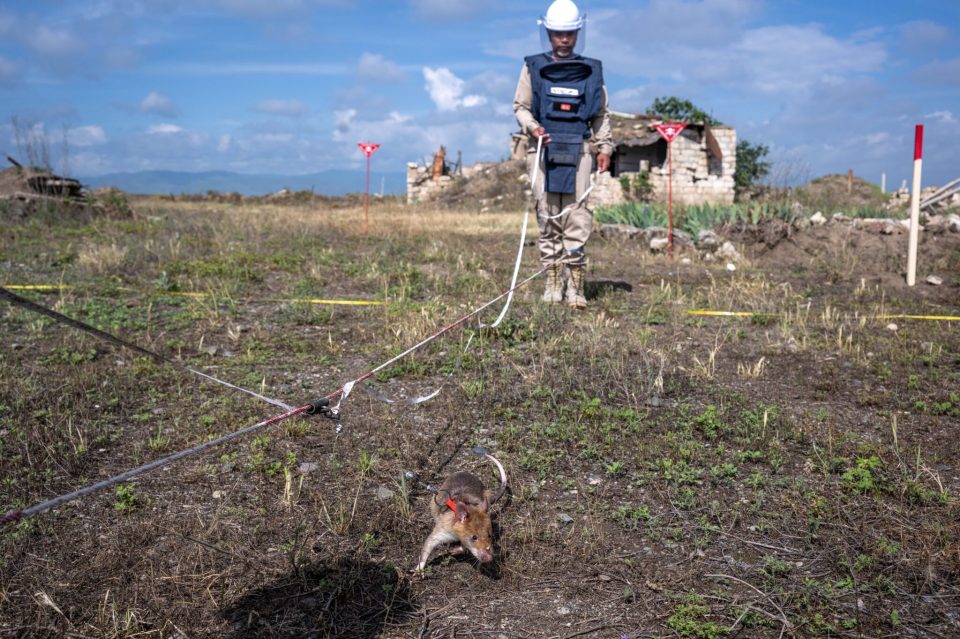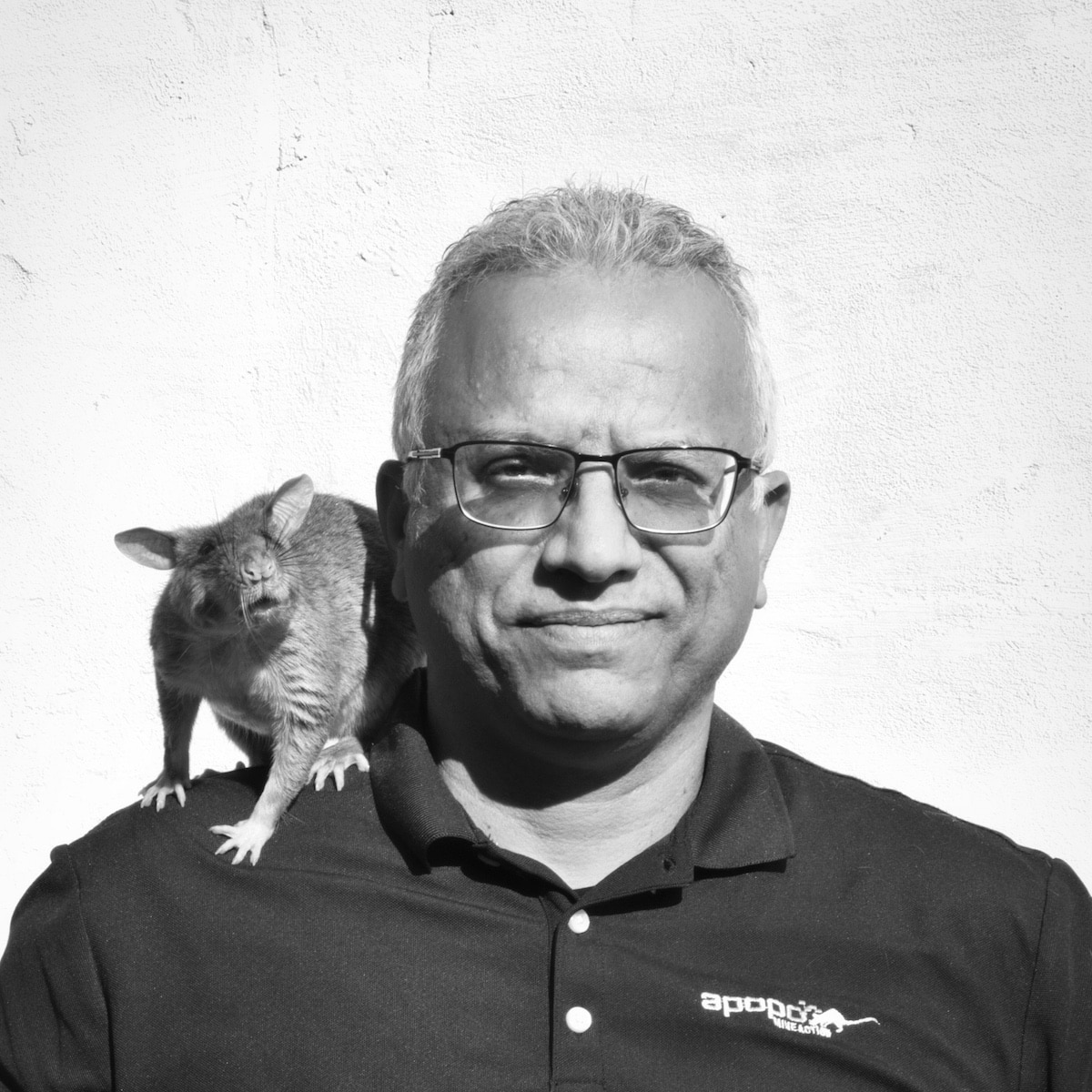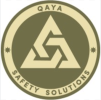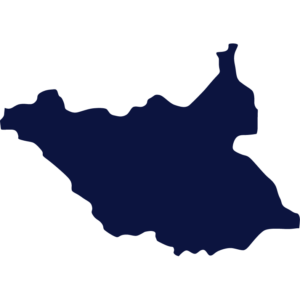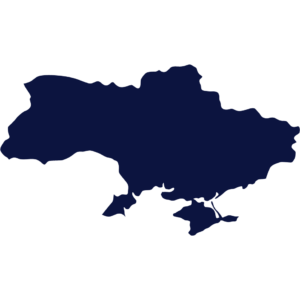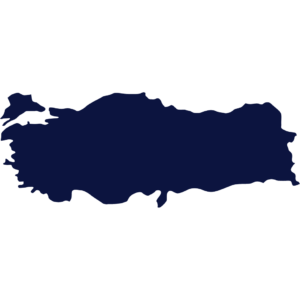Background
Mine contamination in Azerbaijan is a result of the armed conflict with Armenia from 1988–1994, during which both sides laid landmines. In the most recent conflict in 2020, there were reports of retreating Armenian forces planting landmines in civilian infrastructure: lamp posts, canals, road junctions, rural and urban paths, courtyard entrances, cemeteries, and riverbanks. The most heavily contaminated areas are in the Karabakh region, along the previous borders and confrontation lines between Armenia and Azerbaijan. According to the Mine Action Review, more than 1,600 km2 of contaminated areas remain to be cleared.
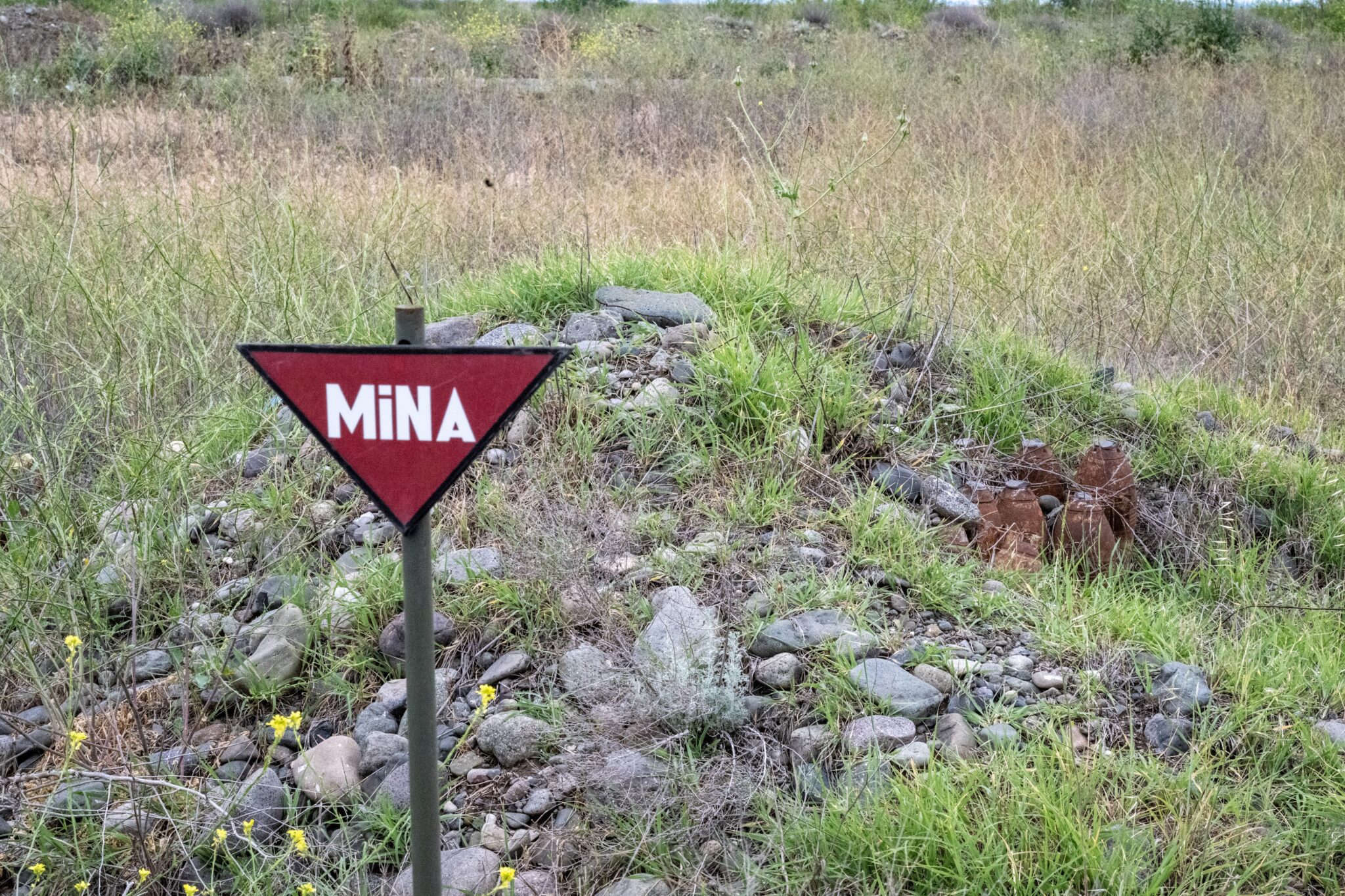
Azerbaijan has been grappling with a significant landmine problem, leaving behind a perilous legacy of landmines and unexploded ordnance in the region. The aftermath of the conflict has had severe implications on the daily lives of residents, who have been unable to return to their homes and land due to the hidden dangers posed by these deadly hazards. To address this pressing issue, the Government of Azerbaijan, in collaboration with its Mine Action Agency ANAMA, has undertaken a large-scale operation to identify and clear the landmines, making the area safe for civilians and fostering development.
APOPO in Azerbaijan
To address the problem, the UNDP launched a new project in 2023, in partnership with International Eurasia Press Fund (IEPF) and two international NGOs – Mines Advisory Group (MAG) and APOPO. The project has received vital funding from the European Union, enabling the collective efforts to mitigate the landmine threat in Azerbaijan. With the support of APOPO’s animal detection systems, the three organizations are accelerating the clearance in the Aghdam region. The program incorporates a diverse team of both international and local staff, including women from mine-affected communities. APOPO actively promotes gender balance and inclusivity in demining activities, fostering a more equitable environment while positively impacting neighboring development activities in Karabakh.
Partnerships for Good
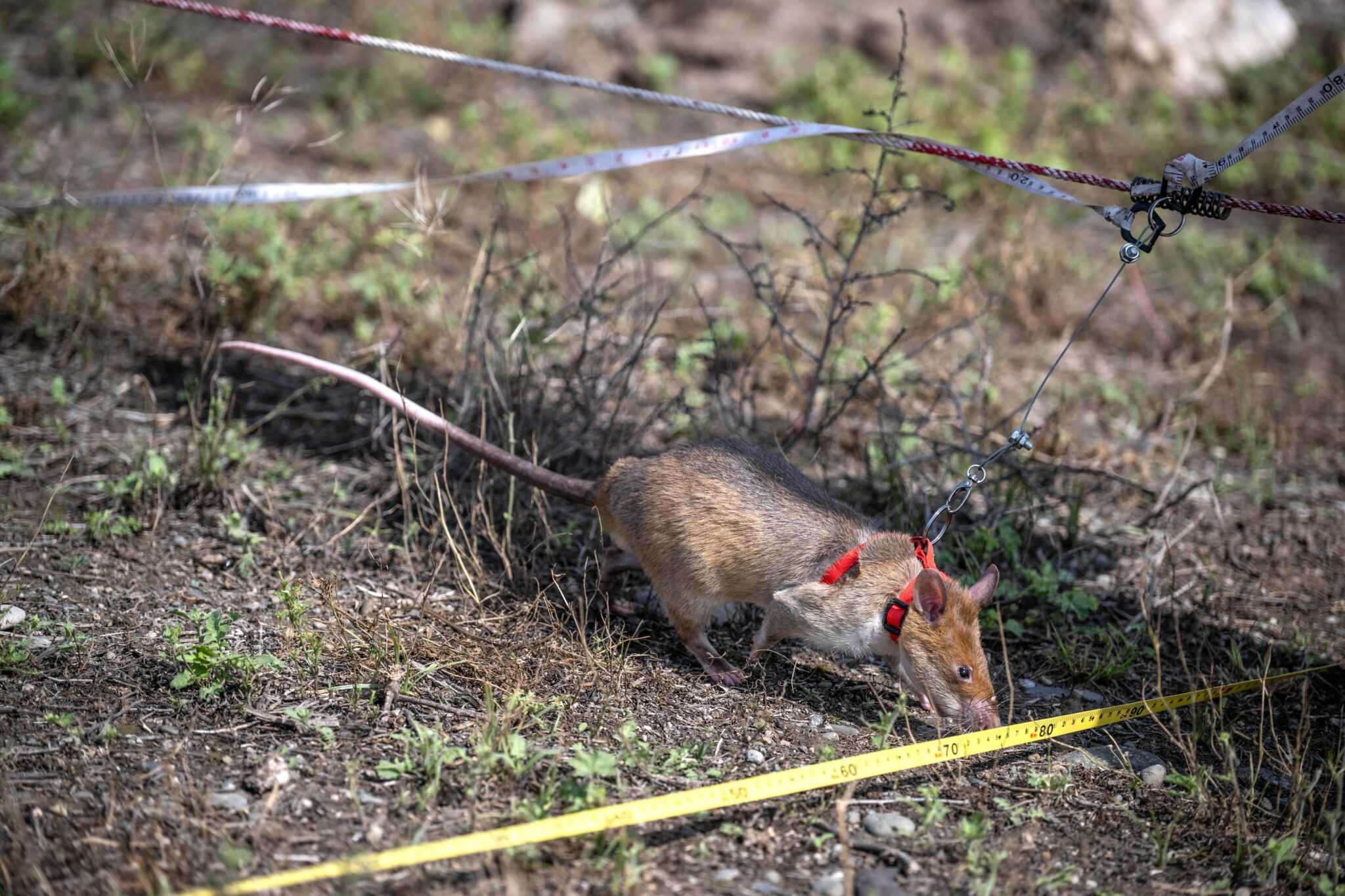
In May 2023, APOPO mobilized its dedicated team, animals, and equipment, establishing a base of operations in Aghdam. Rigorous acclimatization training was conducted for the 8 Technical Survey Dogs and 12 Mine Detection Rats, preparing them for ANAMA accreditation. During the subsequent months, the teams diligently completed their training, achieving a high level of proficiency in detecting landmines and explosive remnants of war.
APOPO established additional collaboration with RPS and Safe Point deploying its Mine Detection Dog team for survey and clearance tasks. The team expanded in July, to include 10 operational dogs.
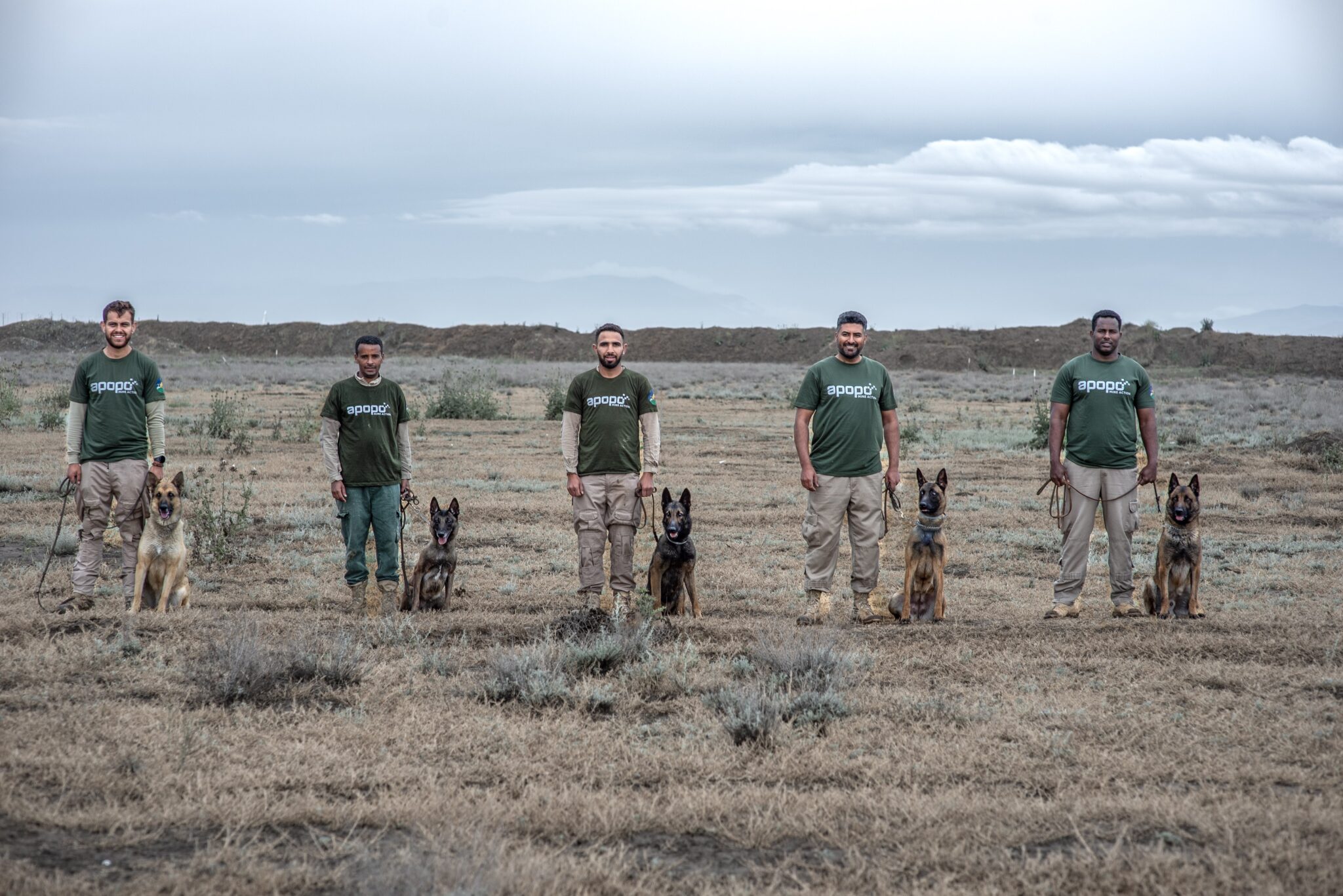
In May 2023 APOPO mobilized its HeroRAT and HeroDOG teams to take part in the EU-funded project for survey and clearance in Karabakh, alongside long-standing partner Mines Advisory Group (MAG). This effort involved an additional capacity of 20 animals and 20 staff and enabled establishing an APOPO office in the country and appointing Itamar Levy as the new Program Manager for Azerbaijan, together with several Azerbaijani program support staff.
By the end of July, all animals and staff were accredited and began working on their first task in Bash Garvand. APOPO’s teams, including female demining teams, worked alongside MAG and the IEPF, surveying and clearing 605,281 m2 of land by the end of 2023, just before winter arrived.
Animal Detection
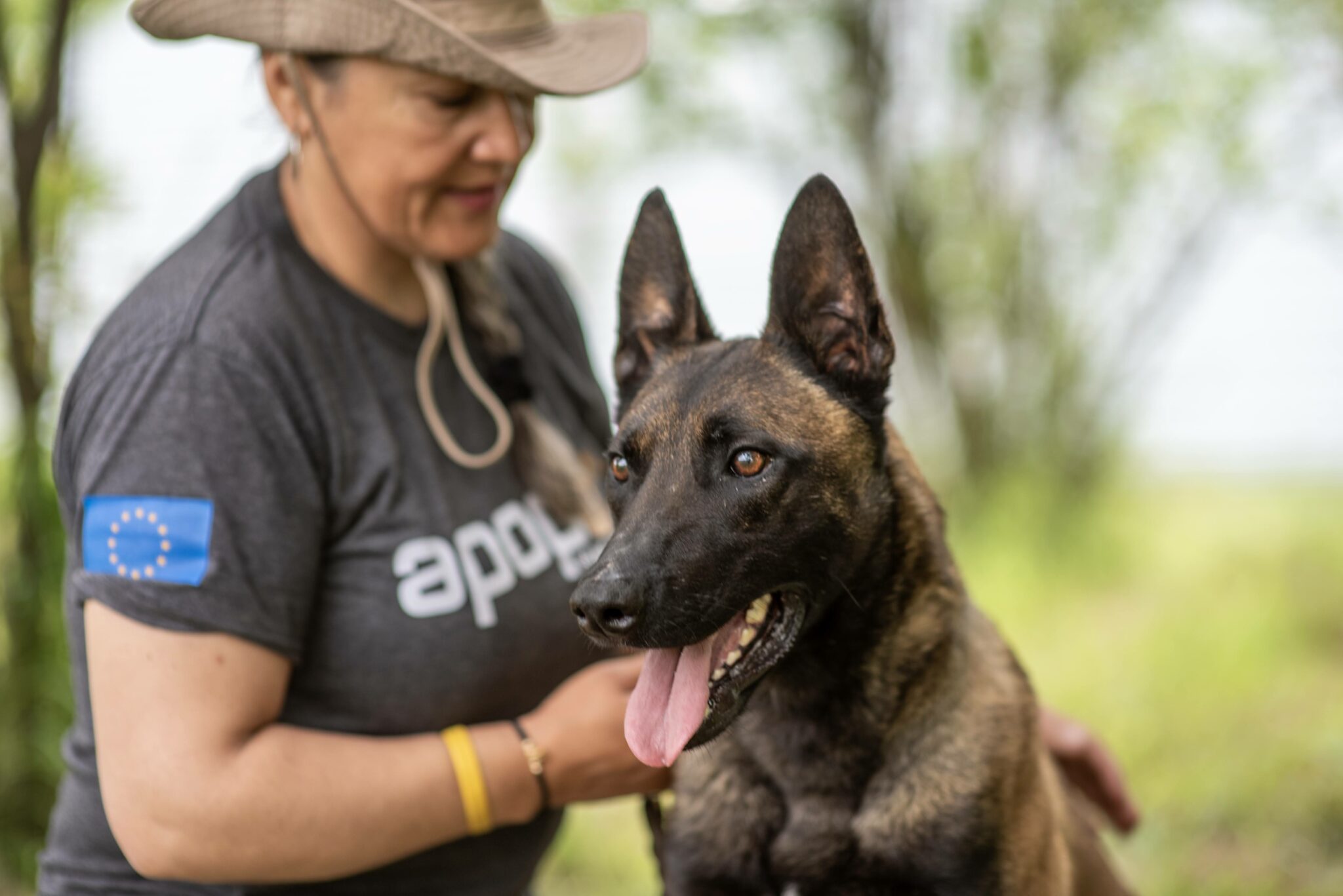
APOPO’s presence in the country and the work of its animal detection teams drew positive attention from various stakeholders in the country, resulting in an additional partnership with Qaya Safety Solutions LLC, a mine clearance operator working with the Azerbaijan National Agency for Mine Action (ANAMA) in the southern Jibrayil area. In November, APOPO mobilized its 8-dog team from Türkije to Azerbaijan and passed ANAMA accreditation.
The Azerbaijan program now has 40 detection animals and 30 staff. Challenges from the winter in Karabakh led APOPO to adapt its methodology to enable working with HeroRATs in colder environments while ensuring the animals’ health and safety. To keep the rats in shape during the winter, indoor training areas with heating systems were established, allowing training to continue throughout December.
As of mid year 2024 the program has cleared 2,347,236 m² of land and found and destroyed 10 landmines, 35 cluster munitions items and 104 other explosive remnants of war.

